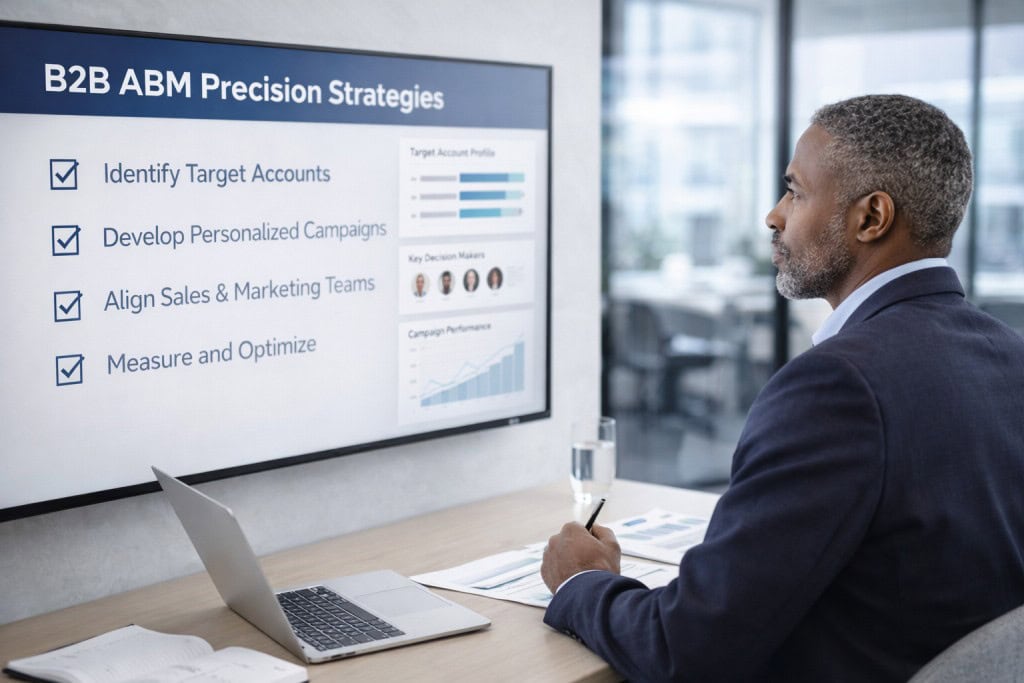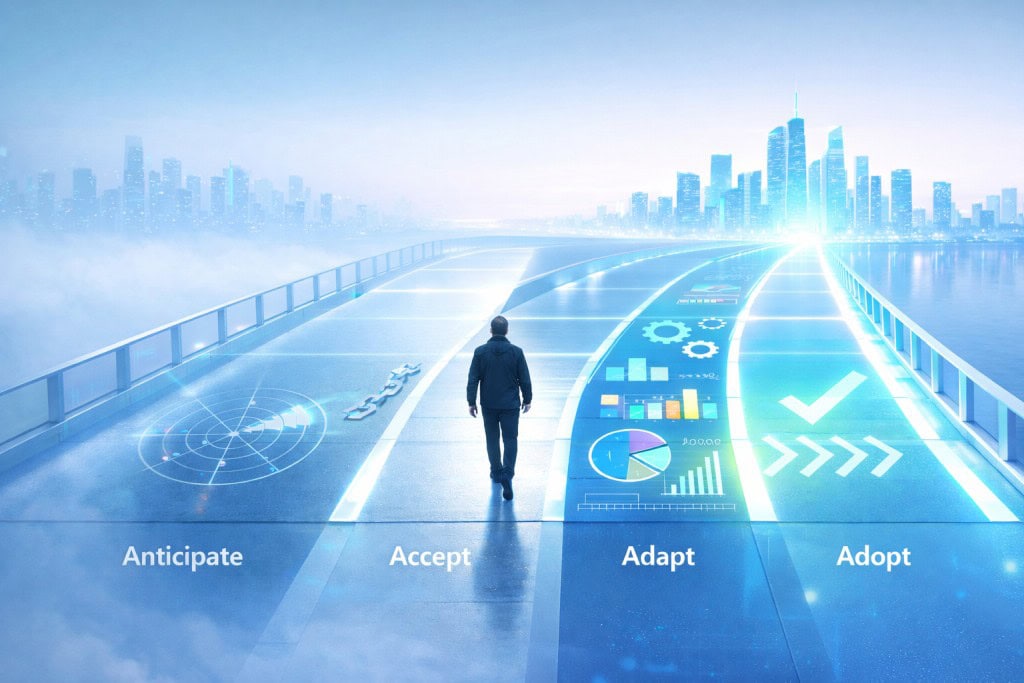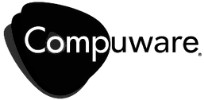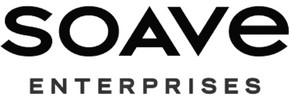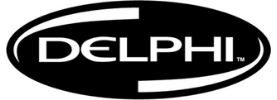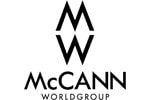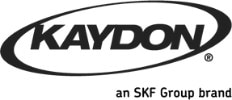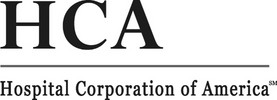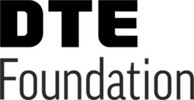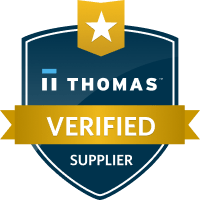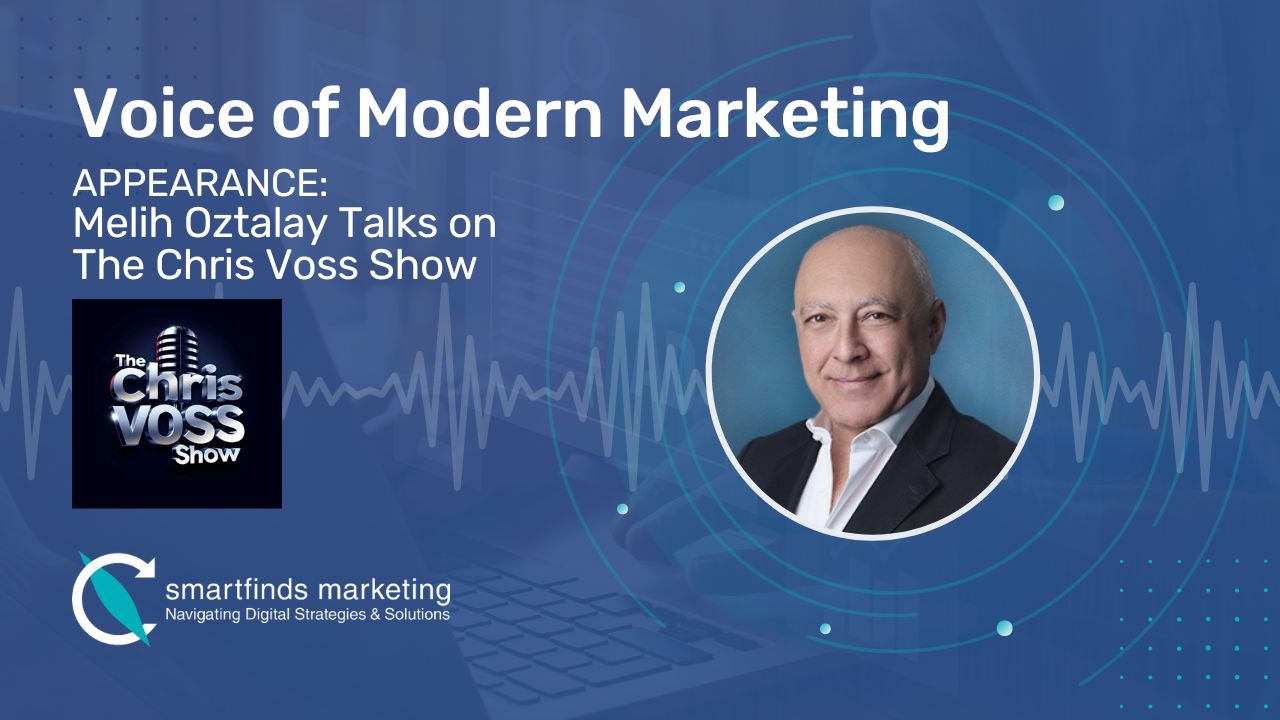
AI-Driven Digital Marketing By Melih Oztalay
In an age when marketing technology evolves faster than most teams can adapt, embracing change isn’t a competitive edge—it’s a necessity. On July 15, 2025, Melih Oztalay, CEO of SmartFinds Marketing, appeared on The Chris Voss Show to deliver a candid and insightful conversation about what it truly takes to thrive in today’s AI-driven digital marketing landscape. With over 30 years of experience leading transformative campaigns for Fortune 500 companies, B2B brands, and tech startups, Melih brought clarity to the chaos of modern marketing.
Throughout the episode, Melih broke down the role of artificial intelligence in shaping marketing strategy, from how AI-driven digital marketing improves conversion rate optimization (CRO) and content creation to how it’s helping brands automate workflows and personalize digital experiences. He highlighted common missteps in B2B SEO, like neglecting schema or relying on outdated page structures, and emphasized the importance of building a strong strategic foundation to track marketing ROI with precision. More than theory, the discussion focused on real-world, practical marketing solutions that help companies turn traffic into measurable growth.
This conversation wasn’t just about following trends—it was about leading them. Melih urged business leaders to rethink their digital infrastructure, embrace omnichannel strategies, and act swiftly when new technologies emerge. Waiting for validation is no longer a viable option in an environment where speed defines success. If your marketing strategy hasn’t adapted to today’s AI-driven digital marketing capabilities, this episode serves as a compelling call to action.
Ready to see the full conversation in action? Watch the full interview between Chris Voss and Melih Oztalay below:
Why AI-Driven Digital Marketing Is No Longer Optional
Melih wasted no time laying out the new marketing reality: “If you wait until something’s proven, you’re late.” In today’s fast-changing digital landscape, businesses must proactively explore how artificial intelligence can improve marketing performance before competitors seize the advantage. During the episode, Melih explained how AI is already being used to streamline workflows, accelerate content creation, and personalize user experiences, while also lowering the cost and complexity of execution. From video generation in Canva to multi-agent systems that automate daily tasks, AI has gone from optional to operational in record time.
“AI should be number one on your list if you’re focused on productivity and efficiency.”
What separates leaders from laggards in this environment isn’t just access to tools—it’s mindset. Melih emphasized the need for bold, forward-thinking leadership that accepts, adapts, and adopts change rather than resisting it. His “4 A’s” framework—Anticipate, Accept, Adapt, Adopt—is a practical mindset model for companies navigating this AI-powered transition. He shared a lesson from Google’s 2013 Hummingbird update, when a delay in adapting cost him a long-standing client. That experience now serves as a reminder that in digital marketing, hesitation is often more expensive than experimentation.
For marketers seeking a practical entry point into AI-driven strategy, Melih offered simple advice: start small, measure quickly, and iterate often. Whether it’s implementing AI-powered CRO tools that adjust website behavior based on visitor engagement or using AI to generate schema markup for SEO, businesses don’t need to overhaul their operations overnight. Instead, they should prioritize incremental progress—testing tools, analyzing results, and scaling what works. The longer companies wait to explore these advancements, the more distance they put between themselves and their next opportunity for growth.
Conversion Rate Optimization: Turning Traffic Into Revenue
One of the key areas where SmartFinds applies artificial intelligence is in Conversion Rate Optimization (CRO)—the art and science of turning website visitors into qualified leads. On the show, Melih explained how SmartFinds leverages AI to analyze user behavior across multiple sessions, then dynamically personalizes the website experience. By tracking visits, page paths, time on page, and content categories viewed, the AI creates a journey funnel that delivers tailored calls to action at just the right moment.
“It’s not about driving more traffic. Let’s get the website to convert better first.”
This performance-first mindset reflects SmartFinds’ broader belief that digital marketing must start with infrastructure, not vanity metrics. Too often, companies focus on increasing traffic without fixing the foundation, missing opportunities to convert the traffic they already have. By prioritizing CRO, businesses can improve return on ad spend, reduce acquisition costs, and extend the value of every visitor interaction. Melih’s team has seen significant gains by implementing heatmaps, A/B testing (often extended to ABC testing), and AI-driven call-to-action adjustments based on behavioral signals.
For marketers ready to elevate their CRO strategy, AI-Driven Digital Marketing offers scalable solutions that are both powerful and accessible. Instead of relying solely on static elements like “Contact Us” buttons, SmartFinds’ AI platform engages visitors with adaptive CTAs based on real-time activity. This shift from passive to active conversion elements shortens the lead journey and increases engagement. Businesses can start by auditing their site for friction points, layering in behavioral analytics, and testing AI-powered enhancements—transforming their website from a digital brochure into a lead-generating engine.
The Power of Schema in B2B SEO
During the interview, Melih highlighted a technical component of digital marketing that many B2B companies still overlook: schema markup. He emphasized that structured data plays a pivotal role in both traditional SEO and emerging AI discovery channels. “Most B2B SEO is built wrong because companies ignore structured data,” he explained, noting that schema helps search engines and AI models better understand the content and context of a web page. As large language models become more prevalent in research and discovery, schema is becoming essential not only for Google rankings but also for visibility inside tools like ChatGPT, Claude, Gemini, and CoPilot.
“Most B2B SEO is built wrong because companies ignore structured data.”
Melih offered practical advice for getting started: “Take one of your blog post URLs, paste it into ChatGPT, and ask it to generate schema code for that page.” This simple but powerful use of AI can help marketers implement structured data without needing a developer. He also urged listeners to understand that schema is no longer a Google-only strategy. As generative AI becomes a mainstream channel for search and product recommendations, pages without schema risk being invisible to the very tools buyers are now using to evaluate vendors.
“Schema isn’t just for search engines anymore. It helps your content get surfaced inside AI-driven tools too.”
For B2B marketers seeking long-term visibility, schema markup should be a non-negotiable part of every page—especially blogs, service pages, team bios, and locations. Marketers should ensure each page includes structured metadata such as article type, author, organization, and publishing date, as well as contact and product details when appropriate. Adding internal and external links, using proper H2/H3 headings, and including featured images also enhance SEO value when paired with schema. As Melih explained, “getting sourced” in AI tools may soon be as important as getting ranked in Google.
Building a Marketing Infrastructure for ROI with AI-Driven Digital Marketing
One of the most valuable segments of the conversation centered on what Melih calls the “strategic foundation” for digital marketing ROI. He stressed that many companies dive into marketing campaigns without first understanding the financial metrics that justify those efforts. Marketing isn’t just about spending money to be visible—it’s about aligning investments with predictable outcomes. Melih outlined a foundational equation: determine the net profit from a typical sale, calculate how many leads you need to break even, and then identify how many conversions are required to make marketing not just sustainable, but profitable.
“Marketing is not an expense. It’s an investment in your company and your brand.”
This mindset shift is critical for B2B companies that often treat marketing as a series of disconnected tactics rather than a strategic growth engine. Melih emphasized that understanding ROI means starting with the right questions: What is your net profit per sale? How many leads does it take to close a deal? And are your marketing efforts structured to generate those leads consistently? Without answers to these, marketing budgets often become guesswork, and strategy becomes reactive instead of proactive.
For companies looking to build smarter marketing infrastructure, Melih recommends beginning with performance modeling. Calculate backward from your revenue goals to establish monthly lead targets. Then audit your digital assets—website, landing pages, call-to-actions, forms—to determine whether they are designed to convert. By tying each marketing activity to a measurable objective, businesses can manage budgets with more confidence and scale more effectively. This ROI-first approach not only improves internal alignment between sales and marketing but also creates a clearer roadmap for sustainable growth.
The 4 A’s: A Framework for Embracing Change
In the episode, Melih shared one of his most practical and widely applicable concepts: the 4 A’s framework for navigating change in digital marketing. Developed after the 2013 Google Hummingbird algorithm update—an event that disrupted many SEO strategies overnight—this model serves as a guide for businesses grappling with constant innovation and uncertainty. The 4 A’s are: Anticipate change, Accept change, Adapt to change, and Adopt the change. While they may sound simple, executing them effectively requires self-awareness, agility, and decisive leadership.
“Most companies struggle at the second step: acceptance. But while you’re fretting, your competitors are already adapting.”
This framework resonates deeply in today’s AI-driven digital landscape, where hesitation often translates into lost opportunity. Melih explained that the inability to accept change—whether it’s a new algorithm, an emerging technology, or a shift in buyer behavior—can paralyze teams and stall innovation. His advice? Don’t wait for complete certainty. Change doesn’t slow down to accommodate those who are unprepared.
For organizations looking to apply the 4 A’s, it starts with shifting internal culture. Anticipate market and technology trends by staying informed. Accept that disruption is inevitable, not optional. Adapt by reallocating resources and testing new tools. And adopt the changes that prove valuable with consistency and speed. Whether you’re launching an AI-enhanced content workflow or reevaluating your SEO structure, this framework empowers teams to lead rather than follow. In today’s competitive market, embracing change with clarity and confidence is no longer a luxury—it’s a requirement.
SmartFinds Marketing as a Fractional CMO for B2B Growth
Throughout the episode, Melih illustrated how SmartFinds Marketing operates beyond the role of a traditional agency by acting as a fractional CMO for many of its clients. This model provides B2B companies with access to a full strategic marketing team—creative, content, tech, analytics—without the overhead of building one internally. Whether supporting an existing in-house marketer or fully managing digital operations, SmartFinds integrates into each client’s business like a true partner, not just a vendor.
“We’re never there to take someone’s job. We’re there to support the team and help the strategy succeed.”
Melih explained that many clients come to SmartFinds either lacking a formal marketing department or needing expert reinforcement to move faster and scale smarter. Their flexible, modular service model is tailored to each organization, ranging from full-service digital transformation to targeted engagements such as SEO audits, CRO programs, or content strategy. In every case, the goal is to align marketing with business growth, not just execute tactics, but drive meaningful results.
For B2B companies with $10M to $100M+ in annual revenue, hiring a full internal marketing team isn’t always feasible or efficient. SmartFinds bridges that gap by offering senior-level strategic guidance backed by execution-ready teams. The agency’s cross-functional approach ensures seamless alignment across platforms—web, email, content, analytics, and social. Whether your company needs leadership to modernize outdated systems or hands-on implementation to improve website performance, the fractional CMO model offers a scalable, ROI-driven alternative to hiring full-time staff.
Get Involved: Connect With Melih on LinkedIn
As the episode drew to a close, Melih encouraged listeners to take action beyond the show by building meaningful digital relationships, starting with LinkedIn. With over 22,000 professional connections, he emphasized the importance of active engagement and authentic dialogue on the platform. Rather than viewing LinkedIn as just a broadcasting channel, Melih uses it as a hub for thought leadership, collaboration, and support, especially for professionals navigating the complexities of AI-driven digital marketing.
“Tag me on your posts—I’ll help you expand your reach with a real comment, not fluff.”
Melih’s approach to LinkedIn goes beyond connection-building. He actively supports his network by amplifying valuable content, contributing thoughtful commentary, and opening doors to wider visibility. Whether you’re a B2B marketer, agency partner, or business leader looking to grow your digital presence, a simple tag or message can spark deeper conversations and potential collaboration. His philosophy? Provide value first, and relationships will follow.
Connect with Melih on LinkedIn to stay ahead of digital trends, ask questions, or explore ways to elevate your marketing strategy. His inbox is open, and his engagement is real.
Final Thoughts on AI-Driven Digital Marketing
This episode of The Chris Voss Show offers a front-row seat to how AI is transforming digital marketing—from strategy and structure to automation and outcomes. Melih Oztalay makes it clear: waiting is not a strategy. By adopting the right technologies and frameworks now, businesses can improve marketing ROI, modernize their digital infrastructure, and build real momentum.
Whether you’re a CMO navigating complexity or a business leader rethinking how to grow smarter, this conversation is a must-watch. Take the next step, connect with Melih, and start building your AI-driven digital future.
View other podcasts with Melih Oztalay.
Author: Melih Oztalay


